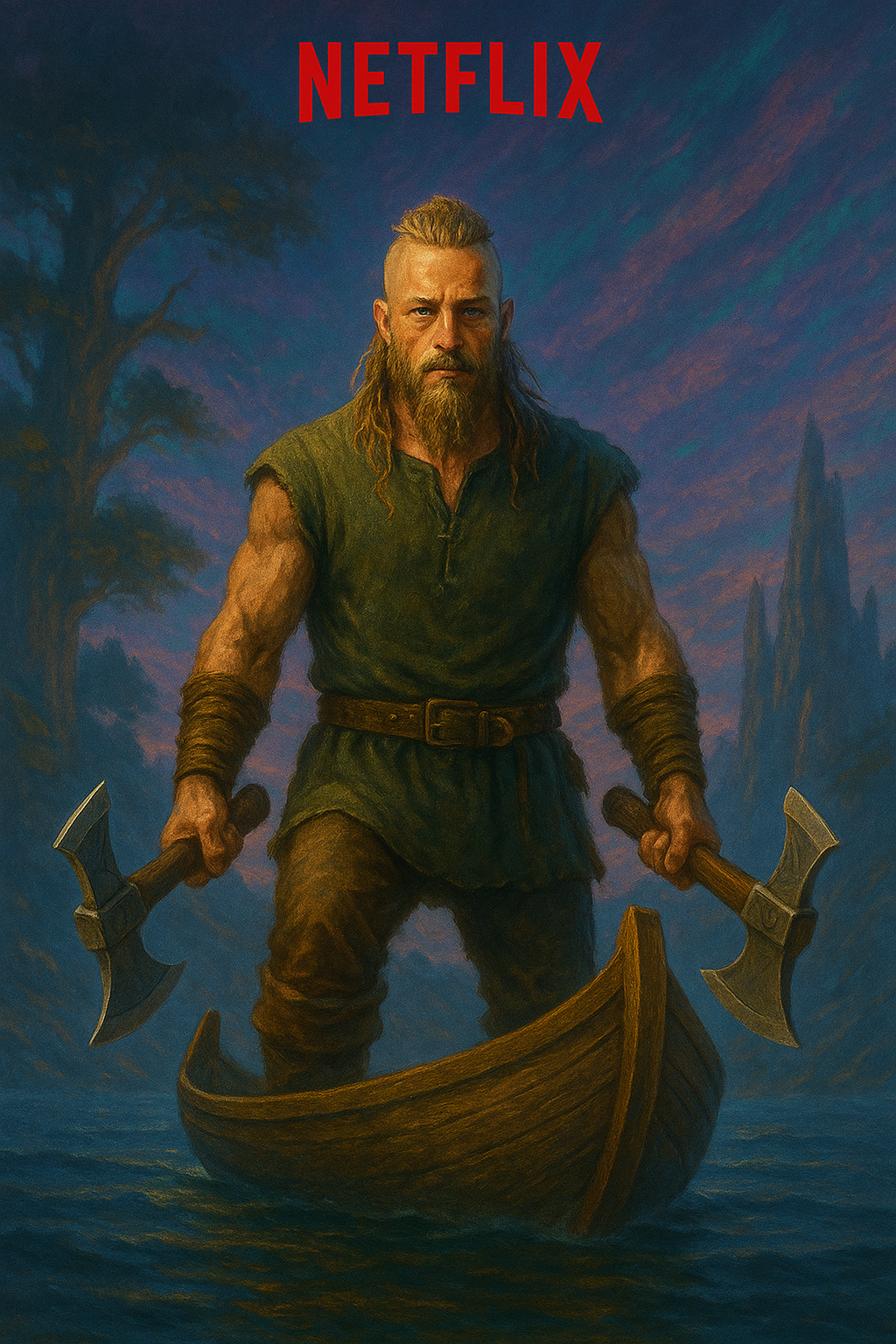Netflix has released the official trailer for its long-awaited documentary on Black Sabbath, sending waves of excitement through the rock and metal community. The preview offers a deeply emotional and electrifying glimpse into the history of a band that redefined the boundaries of music. With grainy concert footage, behind-the-scenes moments, and voiceovers from the band members themselves, the trailer promises a powerful and raw portrayal of Black Sabbath’s monumental legacy.
This isn’t just another music documentary; it’s a visual tribute to the birth of heavy metal. From the gritty streets of Birmingham to the roaring arenas of the world, Black Sabbath’s story is one of resilience, rebellion, and reinvention. The trailer captures this journey with a mixture of nostalgia and urgency, reminding viewers of the cultural revolution sparked by four working-class musicians. Ozzy Osbourne’s unmistakable voice narrates fragments of the band’s rise, fall, and ultimate redemption.
What stands out in the trailer is its commitment to authenticity. The documentary features rare interviews and intimate reflections from the original members—Ozzy Osbourne, Tony Iommi, Geezer Butler, and Bill Ward—allowing fans a personal window into their world. Their candidness is disarming, revealing both the brotherhood and the battles that shaped their evolution. This openness offers viewers not just insight into their careers, but into the human beings behind the myth.
Viewers are shown fragments of Sabbath’s most legendary performances, their sonic chaos captured in blistering clips of “War Pigs,” “Iron Man,” and “Black Sabbath.” These moments aren’t merely performances—they are declarations. They remind audiences that this was the band that carved a genre from the shadows, blending bluesy roots with apocalyptic soundscapes that would inspire generations of musicians.
The documentary doesn’t shy away from the turmoil that haunted the band throughout its journey. Addiction, internal conflicts, and industry pressure threatened to destroy the very thing they built. Yet, these obstacles are presented not as sensational tabloid fodder, but as deeply human struggles that lent weight and emotion to their music. The film draws a direct line between their pain and their power, illustrating how darkness shaped their art.
In addition to the core band members, the trailer reveals guest appearances by fellow musicians and artists who were directly influenced by Sabbath’s innovation. Their testimonies echo a common sentiment: without Black Sabbath, modern rock and metal wouldn’t exist as we know them. These voices reinforce the idea that the band didn’t just break the rules—they rewrote them.
The trailer’s visual aesthetic is drenched in contrast—black-and-white flashbacks melt into vibrant modern footage, symbolizing the unbroken link between past and present. The direction is cinematic, with sweeping camera work and a pulse-pounding score that mirrors the heaviness of Sabbath’s sound. It creates a sensory experience that draws the viewer into the heart of their story.
One particularly emotional scene in the trailer shows Tony Iommi discussing the accident that led to the development of his signature guitar tone. It’s a sobering reminder that what made Black Sabbath unique wasn’t just talent—it was tenacity. Faced with adversity, Iommi innovated instead of quitting, crafting a sound that became the cornerstone of an entire genre.
Geezer Butler, often regarded as the philosophical force behind the band’s lyrics, reflects on the political and social unrest that inspired their most iconic songs. The trailer hints at discussions of war, inequality, and fear—universal themes that remain just as relevant today. These reflections elevate the documentary beyond a simple biography, turning it into a cultural lens.
Meanwhile, Ozzy’s moments in the trailer strike a poignant balance between humor and heartbreak. He speaks of his love for the band, his regrets, and his gratitude with a rawness that’s rare in music documentaries. His presence grounds the story, adding emotional weight to even the loudest riffs and most chaotic scenes.
Bill Ward’s contributions, too, seem to be handled with care. The trailer shows glimpses of his drumming in vintage footage, a rhythmic force that once held the band’s chaos together. His absence in later years was always a topic of discussion, but here, it appears to be treated with dignity and reverence, a tribute to his role in shaping their earliest sound.
With this documentary, Netflix positions Black Sabbath not only as pioneers but as enduring icons whose legacy transcends music. The trailer closes with the band’s silhouette standing before a screaming crowd, the lights dimming, and one final power chord ringing out. It’s a symbol of something that never really ended—a sound that continues to reverberate through the soul of rock and roll.
The trailer alone is a testament to the reverence and care behind this documentary. It’s not just for diehard fans; it’s for anyone who wants to understand the power of music to challenge, comfort, and transform. As anticipation builds for the release, one thing is clear: Black Sabbath may have started in darkness, but their story shines brighter than ever.



